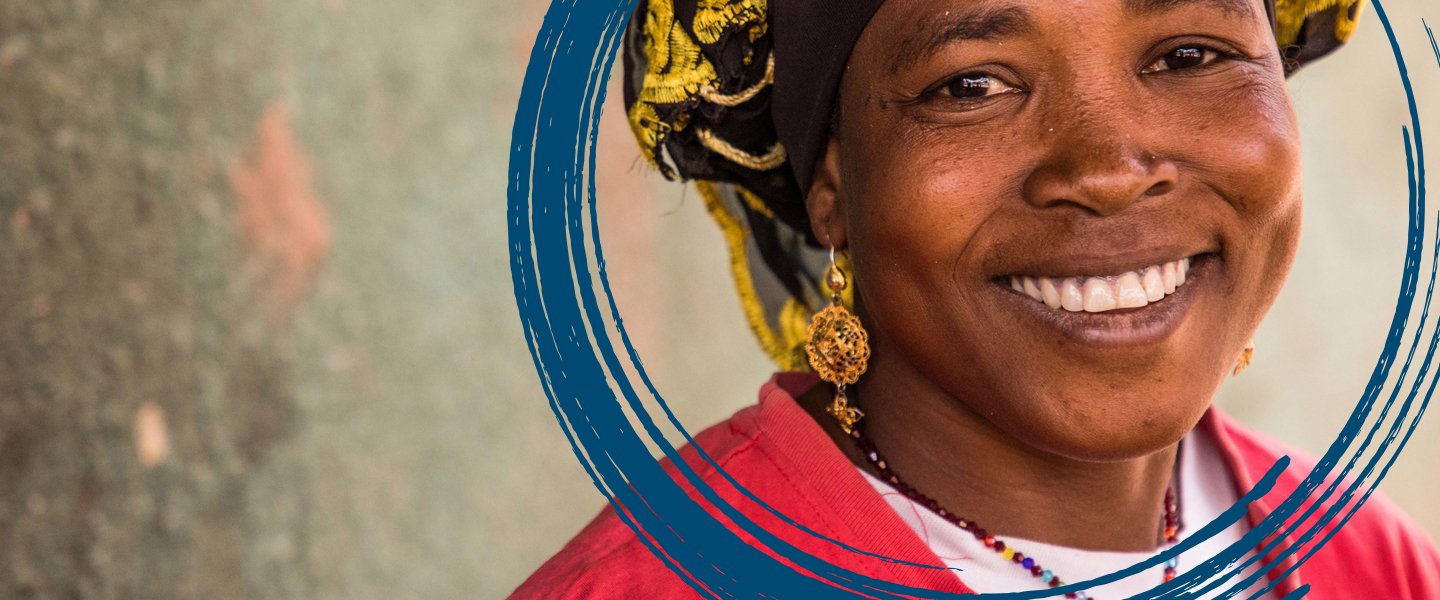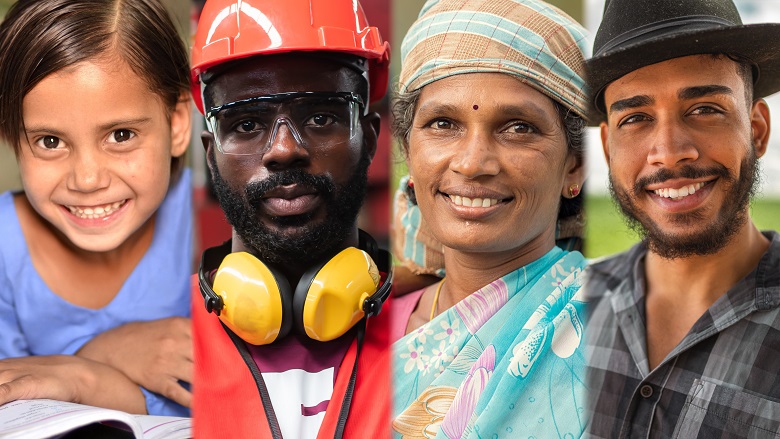
Partnership Aims to Connect 300 Million to Electricity by 2030
The World Bank Group and African Development Bank initiative could halve the number of people in Africa living without electricity access.

World Bank Group Aims to Expand Health Services to 1.5 Billion People
The World Bank Group announced an ambitious plan to support countries in delivering health services, focused on improved affordability, expanded geographic reach, and increased scope.

New Financing Tools and Co-Financing Platform
During the Spring Meetings 10 multilateral development banks launched a new co-financing platform and 11 countries committed $11 billion for new financing tools for global development.
Learn About Our Priorities
Access the World Bank's portfolio of more than 12,000 development projects, including current and historical data since 1947.
Research
We provide analysis and advice for developing countries












